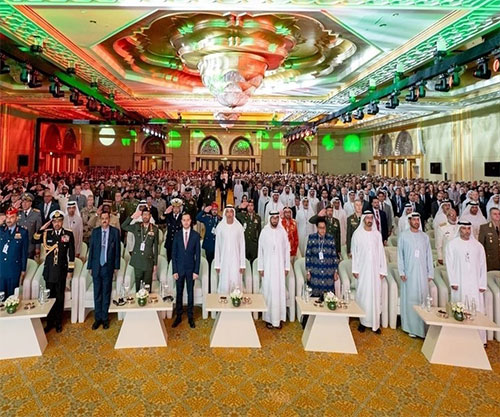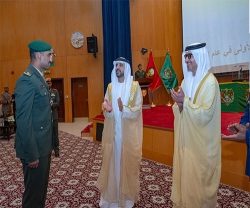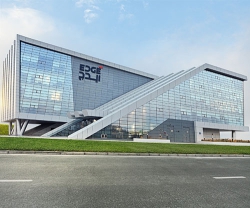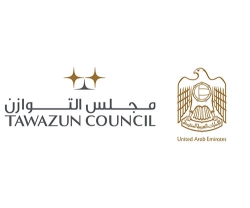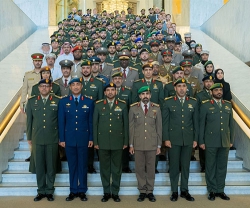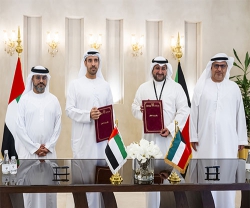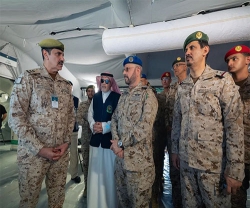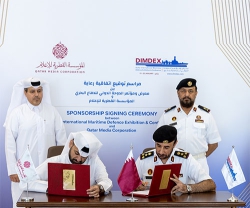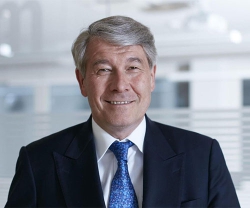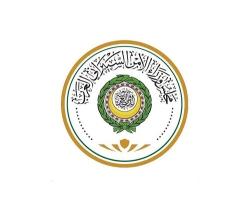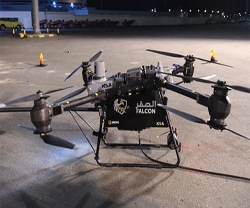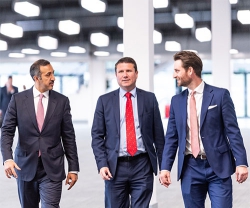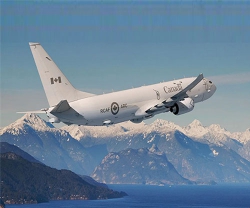Under the esteemed patronage of His Highness Sheikh Mohamed bin Zayed Al Nahyan, President of the UAE, the International Defence Conference (IDC) 2025 took place Sunday under the theme “Defence Reimagined: Innovation, Integration and Resilience”.
Bringing together defence and security leaders, experts, and industry players from around the world, the conference provides a critical platform to discuss the most pressing challenges and opportunities in the sector. It reaffirms the UAE’s commitment to fostering dialogue, collaboration, and innovation in the evolving global defence landscape.
The conference was officially inaugurated by HE Mohammed bin Mubarak bin Fadel Al Mazrouei, Minister of State for Defence Affairs, who highlighted that since its launch in 1993, IDEX has become a cornerstone of the global defence industry, directly supporting the UAE’s ambition to lead in this sector. He also noted that NAVDEX serves as a testament to the UAE’s focus on innovation and sustainable security, inspiring new approaches to addressing global defence challenges.
HE emphasised that the conference creates a unique forum for governments, industry leaders, and experts to align on shared security priorities. This year, with 366 international delegations in attendance, the conference underscores the world’s growing confidence in the UAE as a hub for defence collaboration. Discussions will address critical global security concerns, including cybersecurity, space security, and defence preparedness, exploring practical solutions to enhance global resilience.
Closing his address, His Excellency stated: “The UAE has set an inspiring example of what nations can achieve through responsible leadership, confident governance, and openness to the world.”
The opening ceremony was attended by HE Staff Major General Pilot Faris Khalaf Al Mazrouei, Chairman of the Higher Organising Committee for IDEX and NAVDEX 2025, HE Dr. Sultan bin Saif Al Neyadi, Minister of State for Youth Affairs, HE Sultan Rashid Ali Al Shamsi, Advisor at the Presidential Court, HE Dr. Nasser Hamid Al Nuaimi, Secretary-General of Tawazun Council, Dr. Mohammed Abdullah Al Ali, CEO of Trends Research & Advisory, HE James Morse, President of Rabdan Academy, HE Major General Dr. Mubarak Saeed Ghafan Al Jabri, Deputy Chairman of the Higher Organising Committee and Humaid Matar Al Dhaheri, Managing Director and Group CEO of ADNEC Group.
Also in attendance were 55 heads of military delegations, 40 CEOs of leading defence companies, 48 ambassadors and diplomatic representatives, and 65 military attachés, in addition to representatives from military academies and both local and international universities.
Organised by ADNEC Group, in collaboration with the Ministry of Defence and Tawazun Council, the International Defence Conference 2025 runs alongside IDEX and NAVDEX at ADNEC Centre Abu Dhabi. This year’s edition has drawn over 1,800 industry experts and specialists.
The conference featured three key panel sessions including Global Disruptions and Defence Preparedness: Mitigating Threats to Critical Supply Chains, Disinformation and Influence Operations: The Weaponisation of Information in Modern Conflicts andThe Sky is No Longer the Limit: Emerging Threats and Opportunities in Space.
The opening session, “Global Disruptions and Defence Preparedness: Mitigating Threats to Critical Supply Chains,” featured His Excellency Dr. Nasser Hamid Al Nuaimi, Secretary-General of Tawazun Council, who highlighted the vulnerabilities in global supply chains, noting that disruptions and conflicts have profound impacts on global security and production sectors.
His Excellency emphasised that trade routes serve as the backbone of defence logistics, ensuring the uninterrupted flow of essential materials and equipment. He pointed out that geopolitical tensions, economic instability, and policy shifts can severely impact supply chains, causing delays in production and procurement.
To navigate these challenges, he stressed the need for resilient defence industries through a balanced approach of local production, regional partnerships, and international cooperation. The session also explored international collaboration in defence innovation, emerging technological solutions for supply chain resilience, and the role of start-ups in strengthening global supply chains.
The second session, “Disinformation and Influence Operations: The Weaponisation of Information in Modern Conflicts,” featured His Excellency Dr. Mohamed Al Kuwaiti, Head of Cybersecurity for the UAE, who stated that modern warfare has expanded beyond land, sea, and air to include cyberspace.
He highlighted the UAE’s strategic approach to cybersecurity, positioning the nation as a digitally advanced and resilient state. His Excellency explained that cyber threats, misinformation, and AI-driven deepfakes pose significant risks to national security, with malicious actors increasingly using social engineering and disinformation as weapons.
The discussion covered the evolving nature of cyber warfare, the role of AI in misinformation campaigns, and strategies for strengthening cybersecurity policies.
The final session, “The Sky is No Longer the Limit: Emerging Threats and Opportunities in Space,” featured His Excellency Dr. Sultan bin Saif Al Neyadi, Minister of State for Youth Affairs, who highlighted the growing significance of space technology in modern defence.
His Excellency noted that satellites and space-based systems have become invaluable assets, aiding in climate monitoring, global communications, and humanitarian efforts. With advancements in space technology, opportunities are emerging in satellite-based defence, space tourism, asteroid mining, and even off-planet manufacturing.
He emphasised that investments in space innovation today lay the groundwork for future industries, and that nations committed to space exploration not only chart new scientific frontiers but also drive economic growth and technological advancement.
HE stressed that the UAE’s leadership in global space partnerships demonstrates how nations can become key players on the world stage, advocating for collaboration over competition, unity over division, and shared progress over isolated achievements.
The conference concluded with a group photo of speakers and participants, including His Excellency Dr. Sultan bin Saif Al Neyadi, marking a milestone in expanding global dialogue on defence, security, and technological innovation.
This year’s conference also featured a hybrid participation model, enabling virtual attendees from around the world to engage in discussions, ensuring broader accessibility and participation in shaping the future of global defence.

